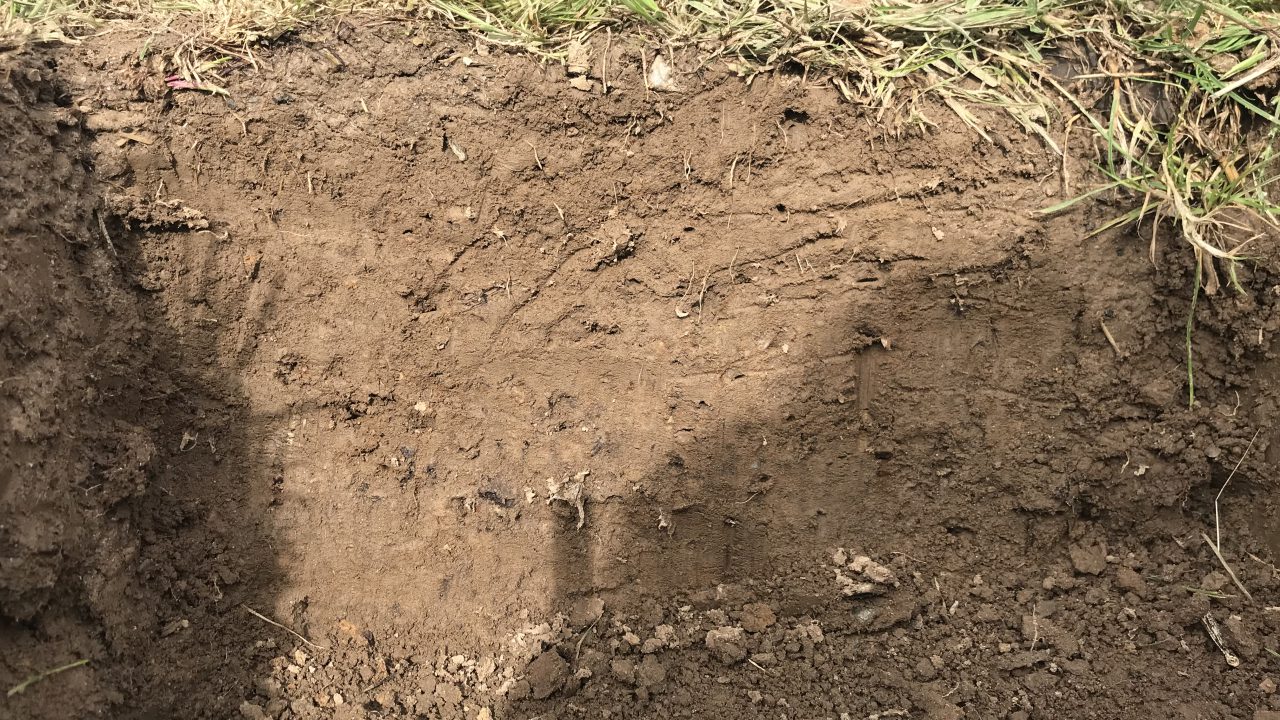Weather conditions and soil type are two key factors impacting on water quality in Ireland according to the Agricultural Catchment Programme’s (ACP’s) manager Edward Burgess.
The ACP has been studying the influence of agriculture on water quality for over 10 years in six 1,000ha intensively-farmed areas, representing different farming enterprises and soil types.
Burgess explained: “Knowledge of the weather is key to this research and each catchment has been equipped with an automatic weather station.”
The data from each of the seven weather stations is available to the public on the ACP’s website.
Continuing, the programme manager said: “At this time of the year, decisions are being made about the first application of nitrogen (N) fertiliser.
“If you are farming land in or close to one of the catchment areas, with a similar soil type, then I would encourage you to use the soil temperatures from: www.acpmet to assist with deciding when to spread your first round of N.
If you are located elsewhere there are many other sources of the soil temperatures available, such as Met Eireann.
He outlined: “The exceptionally dry summer of 2018 is another example of how weather is the other major factor impacting fertiliser efficiency.
“During the drought, soil bacteria continued to break down organic matter, releasing mineral N.”
However, as grass was not growing due to drought stress there was little or no uptake of this naturally occurring N, or any other applied fertiliser N.
When the rain did eventually come in the autumn, much of this unused N was washed through the dried out soil and into ground water.
Concluding, Burgess noted the programme observed: “The water tables then rose and the streams started to flow with concentrations of N that were significantly higher than that found on previous, drought-free years.”
